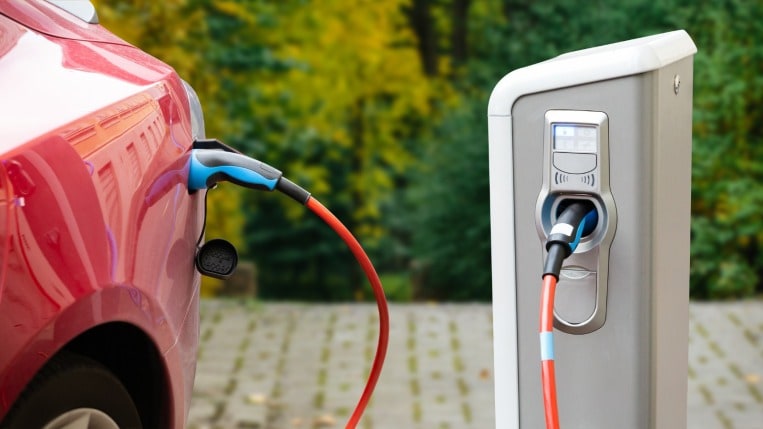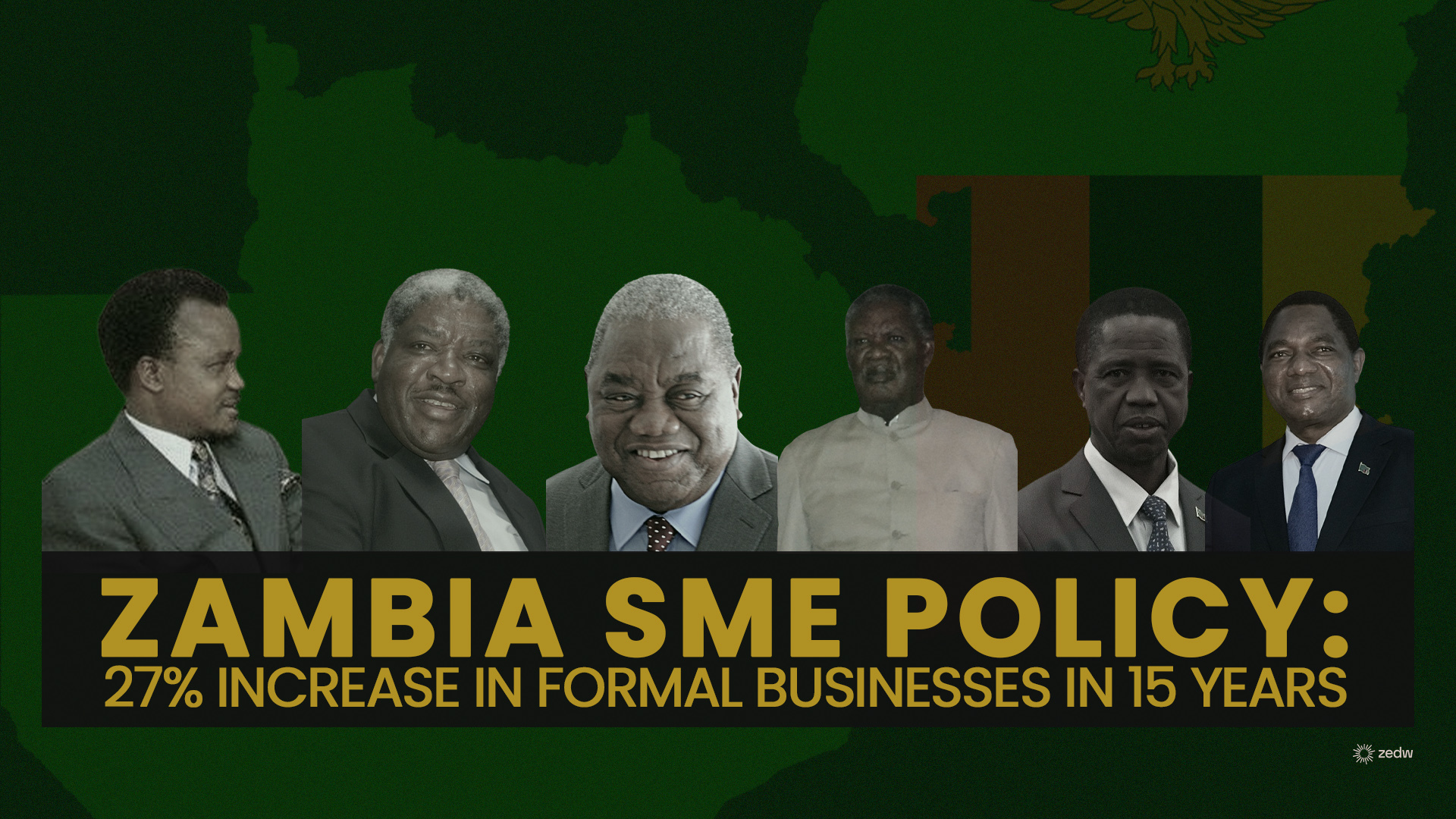“The future is electric” is what most in the ‘developed’ world have been saying over the last half-decade or so. This has been supported by vehicle manufacturers declaring that they will be going electric for all future models from 2030 and beyond. Moreover, the European Union announced that all passenger vehicles (vans and cars) sold on the continent, from 2035 and beyond, will have to be electric (EV).
The reasons for this shift are well-founded because we have only so much oil in the ground and the world has to start pushing the development of alternative energies now more than ever.
But what does the picture look like for Africa and Zimbabwe?
This is an interesting question because there are a handful of nations on the continent (South Africa, Morocco and Kenya) that have made a concerted push to accelerate the availability of, for example, electric vehicle charging stations.
More importantly, there are electric vehicle frameworks that are said to be mulled or in various stages of development across Africa. In Zimbabwe, however, we seem close to the document but not quite there when it comes to infrastructure…
As early as 2020, the Zimbabwe Energy Regulatory Authority (ZERA) announced that they were working on an electric vehicle framework for Zimbabwe. There have been reports since then that the document was complete and that it would be coming “soon”. When that will happen exactly, is still anyone’s guess…
An EV Framework is important because it will include local provisions for the importation and assembly/manufacture of battery electric (BEV), plug-in hybrids (PHEV) and hybrid vehicles (HEV). The document will also hopefully include favourably or cheaper terms for BEVs and PHEVs when it comes to registration, licencing and insurance.
On top of all that, there is only one public 60 kW DC fast charger station available in Zimbabwe (Sam Levy’s Village) by way of ZUVA Petroleum and Electric Vehicle Centre Africa (EVCA).
The future of EVs looks bleak, for now, according to the numbers
According to information we received from the Zimbabwe National Statistics Agency (ZIMSTAT), in 2019 the total sum for purely electric vehicles imported into Zimbabwe was US$20,941 and in 2020 figure rose to US$118,752.
The increase from 2019 to 2020 might be sharp but when you compare it to the figures for conventional combustion engine vehicle cars (link here), it’s evident that there are some ways to go. And catching up is going to be a tall order…
For adoption to really kick off, the argument can’t only be that 1KwH is cheaper than 1L of fuel or that EVs are far less complex to maintain overall than conventional combustion engine vehicles.
All those things are true but with rolling blackouts, few public EV charging stations and no import and vehicle licencing incentives, Zimbabweans will take longer to bite.






